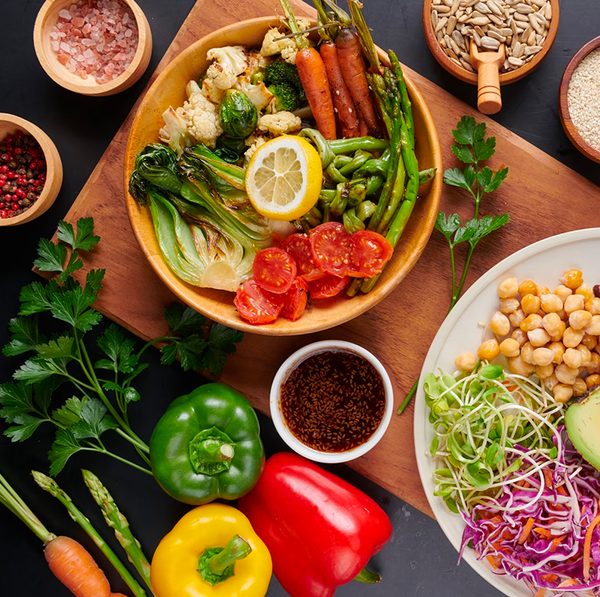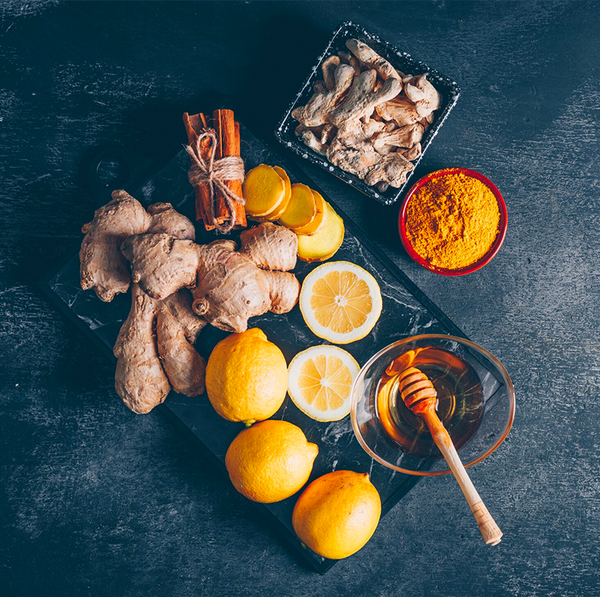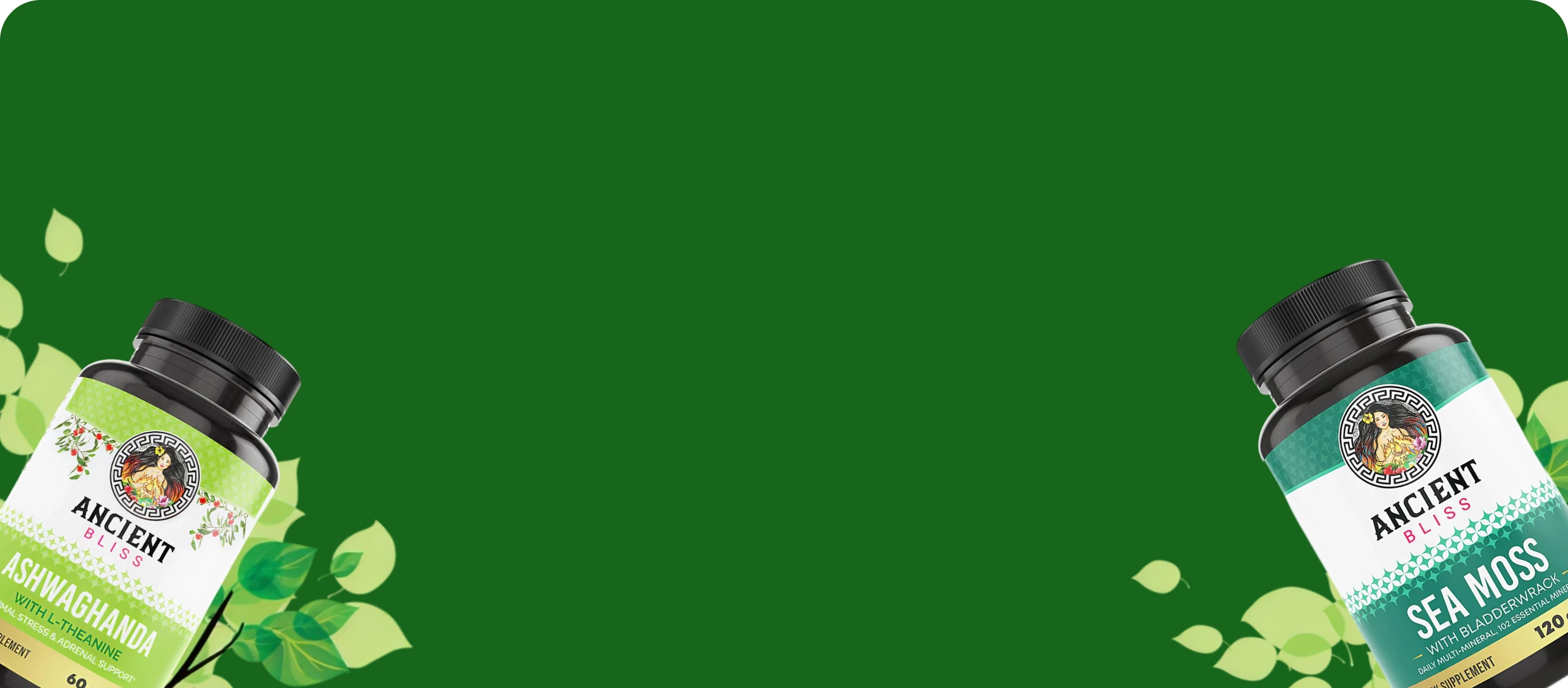Harnessing the Power of Turmeric and Ginger: A Natural Shield Against Inflammation and Cancer

In the quest for better health and well-being, nature often provides us with potent remedies. Turmeric and ginger, two ancient spices rooted in traditional medicine, have emerged as powerful warriors in the fight against inflammation and cancer. With their bioactive compounds and antioxidant properties, these golden gems hold immense potential for supporting our body's defense mechanisms. In this blog, we'll explore how supplementing with turmeric and ginger can act as a natural shield, protecting us against inflammation and cancer.
Understanding Inflammation and Its Impact
Inflammation is a natural response of the immune system to injuries, infections, and foreign invaders. In acute situations, inflammation is essential for healing and protection. However, chronic inflammation can be detrimental to our health, leading to various chronic diseases like arthritis, heart disease, and even cancer. Reducing chronic inflammation is crucial to promoting overall well-being and longevity.
The Marvels of Turmeric in Fighting Inflammation and Cancer
Turmeric is the star of the show, thanks to its active compound curcumin. Curcumin is a potent anti-inflammatory and antioxidant agent that has garnered significant attention from the scientific community for its potential health benefits.
Anti-Inflammatory Properties
Curcumin works at the molecular level to inhibit inflammatory pathways, reducing the production of inflammatory cytokines and enzymes. By doing so, it helps to quell chronic inflammation and alleviate symptoms associated with inflammatory conditions.
Antioxidant Action
As a powerful antioxidant, curcumin scavenges free radicals, unstable molecules that can damage cells and contribute to chronic inflammation. By neutralizing these free radicals, curcumin helps protect our cells and DNA from oxidative stress.
Cancer Prevention
Numerous studies have investigated curcumin's potential anti-cancer properties. It has been shown to inhibit the growth and spread of cancer cells, induce apoptosis (cell death) in cancer cells, and interfere with various signaling pathways involved in cancer development.
The Potency of Ginger in Combating Inflammation and Cancer
Ginger, a close relative of turmeric, also boasts a diverse range of bioactive compounds, including gingerols and shogaols, which contribute to its medicinal properties.
Anti-Inflammatory Benefits
Like curcumin, gingerols possess anti-inflammatory properties, helping to reduce inflammation and offer relief to those with inflammatory conditions like osteoarthritis and rheumatoid arthritis.
Antioxidant Activity
Gingerols are potent antioxidants that combat oxidative stress, helping to protect our cells from damage and reduce inflammation caused by free radicals.
Cancer-Fighting Potential
Emerging research suggests that ginger may exhibit anti-cancer effects, inhibiting the growth and proliferation of cancer cells in various tissues, including the colon, breast, and ovaries. It also shows promise in enhancing the effects of chemotherapy and reducing treatment-related side effects.
Synergistic Power: Turmeric and Ginger Together
When combined, turmeric and ginger create a dynamic duo that complements each other's health benefits. They work synergistically to amplify their anti-inflammatory and antioxidant actions, offering a more potent shield against chronic inflammation and cancer.
Conclusion
Nature's pharmacy is replete with powerful remedies to support our health, and turmeric and ginger are shining examples. Their ability to combat inflammation and protect against cancer is a testament to the incredible healing potential of natural substances. Whether enjoyed as spices in culinary delights or taken as supplements, turmeric and ginger can be valuable allies in promoting a life of vitality, well-being, and resilience against chronic inflammation and cancer.
In same category
-
![]()
Harnessing the Power of Turmeric and Ginger: A Natural Shield Against Inflammation and Cancer
In the quest for better health and well-being, nature often provides us with potent remedies. Turmeric and ginger, two ancient...
-
![]()
Harnessing the Power of Turmeric and Ginger: A Natural Shield Against Inflammation and Cancer
In the quest for better health and well-being, nature often provides us with potent remedies. Turmeric and ginger, two ancient...
-
![]()
Harnessing the Power of Turmeric and Ginger: A Natural Shield Against Inflammation and Cancer
In the quest for better health and well-being, nature often provides us with potent remedies. Turmeric and ginger, two ancient...




